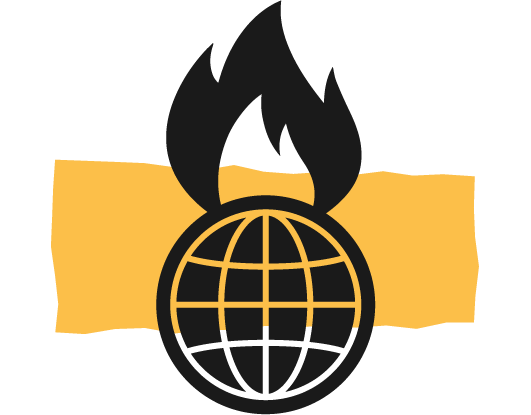Mathis Wackernagel, Ph.D. Global Footprint Network, President
“One planet” is not a metaphor; it is a description. It is not a goal, but rather a recognition of our context. It acknowledges that there is a limited ecological budget our planet makes available. Human demand ("Ecological Footprint") now exceeds what the planet’s ecosystems can renew ("biocapacity") by at least 56%. That’s why August 22 was this year’s Earth Overshoot Day – humanity is using the biosphere so fast that this year, from January 1 to August 22, the demand was as large as the total amount all ecosystems combined can renew in the entire year.
Although the massive overuse of ecological resources still barely carries any financial weight, this overshoot cannot persist. The consequence of continuing down the path of depleting resource stocks and overloading waste sinks (such as the atmosphere with GHG) is that markets will not adjust smoothly, but rather be faced with disruption. But are we resigned to one-planet misery? Or can we choose to design our path to one-planet prosperity, where all thrive within the ecological budget of our planet?
The built environment, including cities, their buildings, roads and energy infrastructure, is an especially powerful lever since the built environment’s legacy endures for decades, even centuries. So is investment in women and encouraging smaller families. The food system is essential and offers opportunities, as does the way we power ourselves.
Mathis Wackernagel, Ph.D. co-created Ecological Footprint accounting and founded Global Footprint Network, a think-tank focused on bringing about an economy in which all can thrive within the means of our one planet. His awards include the 2018 World Sustainability Award, the 2015 IAIA Global Environment Award, and the 2012 Blue Planet Prize.
Back to All Events

